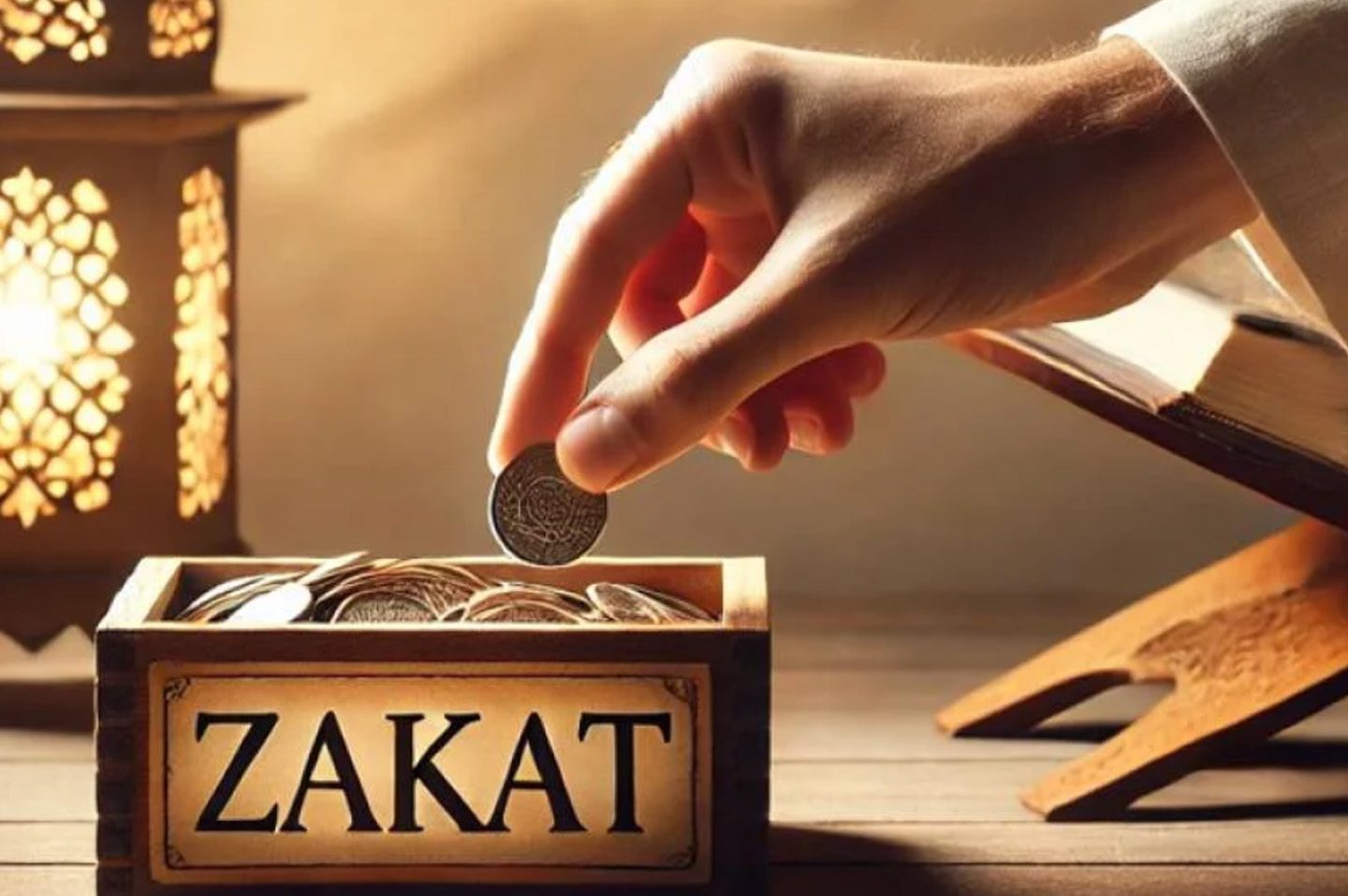Zakat, one of the five pillars of Islam, holds profound significance as a mandatory form of almsgiving prescribed to Muslims. It represents not only an act of worship but also a system designed to ensure social equity and provide support to those in need. The Quran emphasizes the importance of Zakat in the following verse:
إِنَّمَا الصَّدَقَاتُ لِلْفُقَرَاءِ وَالْمَسَاكِينِ وَالْعَامِلِينَ عَلَيْهَا وَالْمُؤَلَّفَةِ قُلُوبُهُمْ وَفِي الرِّقَابِ وَالْغَارِمِينَ وَفِي سَبِيلِ اللَّهِ وَابْنِ السَّبِيلِ ۖ فَرِيضَةً مِّنَ اللَّهِ ۗ وَاللَّهُ عَلِيمٌ حَكِيمٌ (التوبه 60)
“Charity is meant only for the poor, the needy, those employed to collect it, those whose hearts are to be reconciled, for freeing captives, for those in debt, for the cause of Allah, and for the stranded traveler. It is an obligation from Allah. And Allah is All-Knowing, All-Wise.” (Surah At-Tawbah, 9:60).
Who is Eligible for Zakat?
There are eight distinct categories of recipients eligible to receive Zakat, ensuring the wealth is distributed to those who need it most:
The Poor (Fuqara’) These are individuals who are unable to meet their basic needs. They lack sufficient resources for necessities like food, shelter, and clothing, and Zakat is designed to help them live with dignity.
The People with disabilities (Masakin’), who might not be able to earn an income that covers their essential expenses.
Those Employed to Collect and Distribute Zakat (‘Amilun ‘Alayha’). The administrative workers managing the collection and distribution of Zakat are eligible to receive a share as compensation for their efforts.
Those Whose Hearts Are to Be Reconciled (Mu’allafat Qulubuhum’) This category supports individuals who are close to Islam, or people who are new to Islam. By offering financial help, they are encouraged to feel secure and integrated within the community.
To Free Captives (Fir-Riqab’) Historically, this refers to freeing slaves. In modern contexts, it can extend to aiding individuals in unjust captivity, jail, or oppressive conditions.
Those in Debt (Al-Gharimin’) People who owe more than they own. Those overwhelmed by legitimate debts they cannot repay may benefit from Zakat. This ensures they are not crushed under financial burdens.
For the Cause of Allah (Fi Sabilillah’) This broad category includes charitable projects undertaken for the greater good, such as building schools, hospitals, mosques, or supporting humanitarian causes.
The Stranded Traveler (Ibn As-Sabil’) Travelers who are stranded far from home and lack resources to return or cover their basic needs can also receive Zakat.
The Nisab (Threshold) of Zakat
Zakat is only mandatory for those whose wealth exceeds a specific threshold, known as the Nisab. In 2025, this threshold is defined as the value of 85 grams of pure gold or 595 grams of pure silver. With today’s gold price at approximately $93.81 per gram, the value of 85 grams amounts to $7,973.85. Muslims are required to pay 2.5% of their wealth above this threshold, provided they have held it for a full lunar year.
The Purpose of Zakat
Zakat is more than a financial transaction—it is a spiritual and social act. By redistributing wealth, it alleviates poverty, reduces economic inequality, and fosters solidarity within the Muslim community. It embodies compassion and responsibility, ensuring everyone has the means to live with dignity.
This timeless institution continues to serve as a cornerstone of social justice, reflecting the values of equity, generosity, and care in Islamic teachings. Through Zakat, Muslims contribute not only to the betterment of individuals but to the upliftment of society as a whole.
If every Muslim pay their Zakat as they should, would there be any poverty in the Muslim world?
Theoretically, if every eligible Muslim were to pay their Zakat as prescribed, and if it were distributed effectively and equitably, it could significantly alleviate poverty in the Muslim world. Consider these aspects:
The Scale of Wealth Redistribution With Zakat requiring 2.5% of wealth above the Nisab threshold, the collective pool of funds could be immense, especially given the significant number of wealthy Muslims globally. This wealth could address the immediate needs of the poor and fund long-term projects to uplift entire communities.
Targeted Assistance The Quran provides specific guidelines on how Zakat should be distributed, focusing on the most vulnerable groups. By systematically addressing poverty, indebtedness, and other hardships, Zakat could act as a powerful safety net.
Sustainable Impact Beyond providing for basic necessities, Zakat funds can be used to support education, healthcare, and job creation initiatives, enabling individuals and communities to break the cycle of poverty.
However, several factors play a critical role in realizing this vision:
Implementation: The effectiveness of Zakat depends on transparent collection, equitable distribution, and accountability. Weak institutions or inefficiencies in some regions may hinder its impact.
Compliance: Not all eligible Muslims may pay their Zakat due to lack of awareness, neglect, or doubts about how the funds are managed.
Global Inequities: While Zakat helps address inequality within the Muslim community, broader economic challenges, such as systemic poverty and global disparities, would still require additional solutions.
If applied universally and thoughtfully, Zakat has the potential to reduce poverty drastically. It’s not just a financial system but a social and spiritual commitment to a just and compassionate society. The world could learn a lot from its principles!
